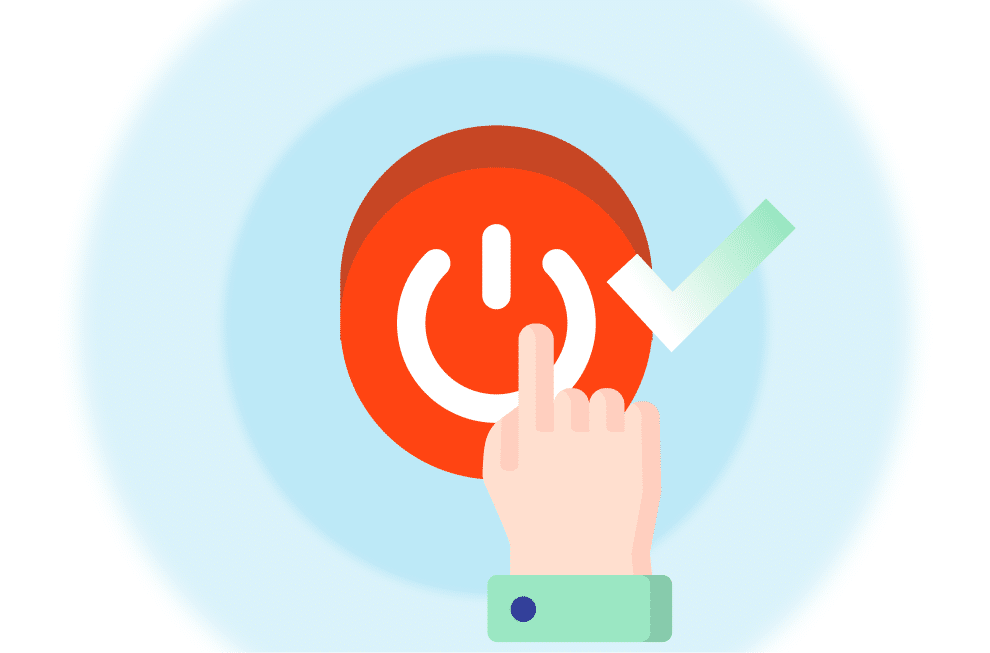Sometimes shutting down your commercial kitchen equipment is inevitable. You might need to temporarily shut your entire kitchen for a short time, or deactivate a piece of equipment for maintenance, replacement, or reselling. Whatever the reason, we want to shut down equipment properly, and with the ability to get it back up and running again in no time. FoodService Equipment Consultant Cathy Goodwin, has a few tips on where to focus your efforts based on what equipment you have.
Ice Machine
Ice machines need to be disconnected, descaled, and sanitised. Run descale cycle, disconnect from power and water. Clean the drain hose and condenser, empty the bin and trough and make sure to clean in and around the back, sides, and base, checking that there’s no water still in the machine or hose lines. Once all the cleaning is done, cover your machine with a dust-proof cloth and wrap it in plastic to protect it if it’s going to be out of use for a little while.
Refrigeration
Empty your refrigeration units of all products, then switch off the power, strip down and clean all the shelves, as well as: cavities, condenser, drain hose, evaporator coil, evaporator pan, door seals, hinges, castors, back, sides and under. Using a spacer to hold the door/s open while you’re gone will allow air to circulate while in storage. Again, cover the unit with a dust- proof cloth or wrap it in plastic. The power lead should be cable-tied.
Cookline
Strip the cookline as best as you can, cleaning all surfaces and removing any solids and grease spills. If the equipment is connected to a water supply, shut it down and clean any drain lines, allowing it all to dry thoroughly. If you’re unsure about any of this, call in a professional. Make sure all gas is switched off and that all external and internal surfaces including top, sides, rear and underside are all cleaned. Finish off by covering everything with a dust-proof cloth or plastic wrap.
Countertop Appliances
Make sure all countertop appliances are disconnected from power and cleaned thoroughly. Any cast-iron plates should be oiled to avoid rust. Cover each appliance with a dust-proof cloth or wrap in plastic, and all power leads should be cable-tied.
Dishwashers
With your dishwashers, fully empty/drain the wash and rinse tanks, then disconnect the machine from chemical, water, and power supplies. Clean the wash and rinse arms, empty and clean the baskets/strainers, and clean all surfaces inside and outside the machine before drying thoroughly. Any chemicals should be capped off, the door left open, and the machine needs to be covered with a dust-proof cloth or plastic wrap.
Exhaust Hood
Clean the canopy/hood, light fittings, troughs, and drains before removing and cleaning all the filters. The duct and fans also need a thorough cleaning, but it’s recommended to consider bringing in a professional to do this if you’re shutting down for a while.
Drains
If not flushed with water regularly, your drains can cause horrible odours and allow access for insects and vermin to get into your kitchen. Cathy’s recommendation is to install Green Drains Trap Seals to avoid potential problems, which allow water and debris to pass through while preventing pests, pathogens, and noxious fumes from entering the kitchen.
Pest Control
Controlling access for pests via your drains is one step, but you also need to check that all baits and other pest control treatments are kept up to date, even if your kitchen is closed. If you’re unsure on how best to prepare your kitchen for a temporary shutdown in terms of pest control, it’s always best to give your local pest control company a call.
Security
It goes without saying that in the event of a temporary shutdown, all valuables should be removed from the premises. This includes, liquor, computers, monitors, cash kept on-site, etc. Make sure you’ve checked that all locks are working properly on all doors and access points. Your security company should also be made aware of the shutdown, in case any alarms are triggered while you’re not there.
Wear your PPE
As you go about cleaning and shutting down your kitchen, appropriate personal protective equipment (PPE) should be worn at all times. This is any protective clothing, helmets, goggles, shoes, or other garments or equipment designed to protect the wearer’s body from injury or infection. By following these tips, you’re going to be able to hit the ground running once you’re ready. It’s infinitely easier to start back up with a clean property and operational equipment – it also saves you money you’d have to spend on equipment repairs, replacing equipment, professional cleaning, and potential downtime. Want an easier way to manage your equipment once you’re back in business? Get in touch to find out how mendrhub’s comprehensive asset management software can help.
